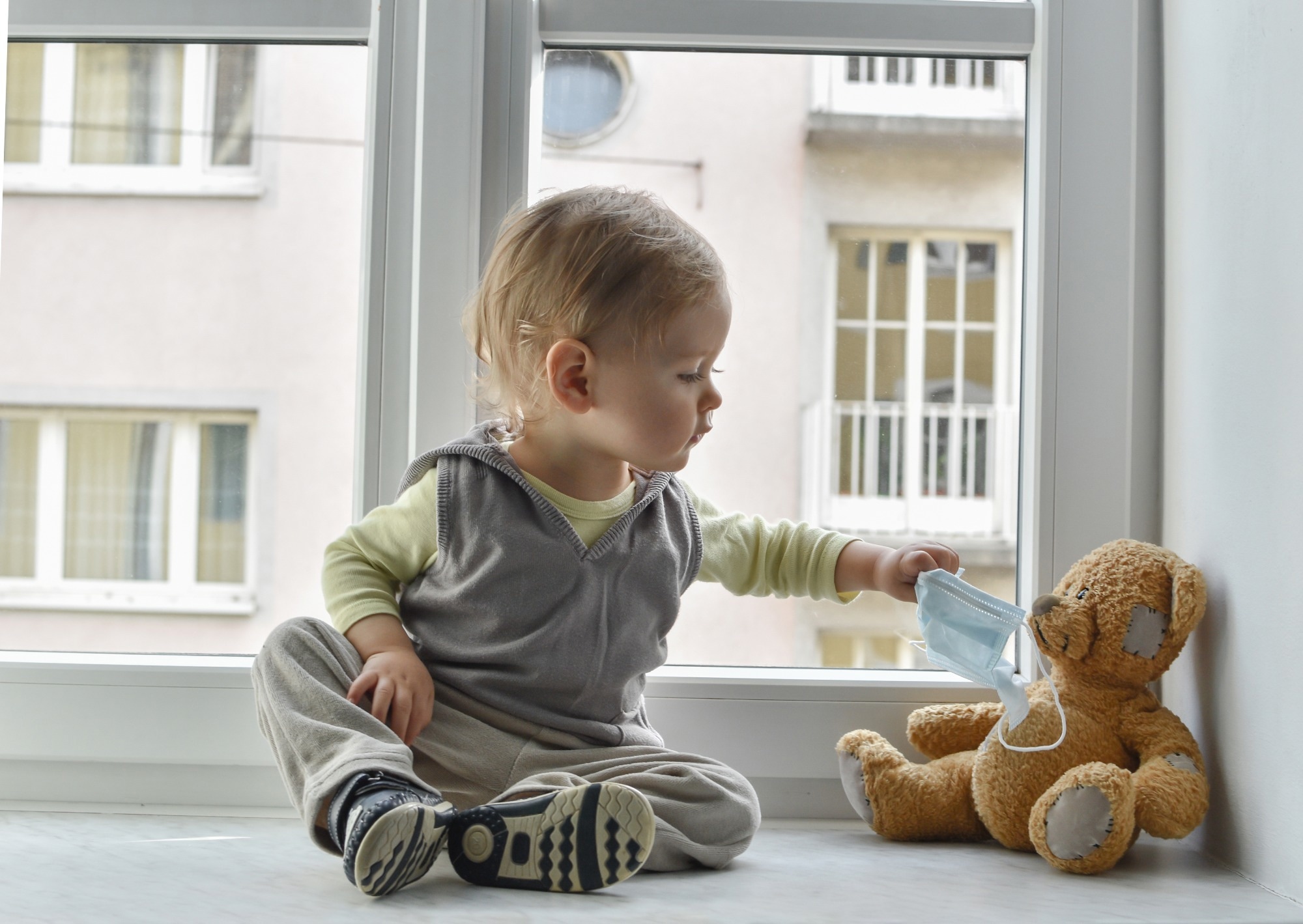A recent study published in BMC Infectious Diseases evaluated the prevalence of severe acute respiratory syndrome coronavirus 2 (SARS-CoV-2) infections in newborns.

The severity of the coronavirus disease 2019 (COVID-19) varies across age groups, with older adults and comorbid individuals experiencing a much more severe illness and children developing a milder, less severe disease. Nevertheless, the impact of SARS-CoV-2 infection on neonates in the first month after birth remains unknown. Neonates might contract the infection during pregnancy or at birth through vertical transmission.
The immune system of newborns is not fully developed, which could make them susceptible to infectious diseases. Early inconsistent data suggest that infants and newborns might experience more severe COVID-19 than older children. In China, infected mothers are separated from their newborns and prevented from breastfeeding. Nonetheless, the World Health Organization (WHO) recommends that mothers with suspected or confirmed COVID-19 initiate and continue breastfeeding.
About the study
In the present study, researchers assessed the prevalence of COVID-19 in neonates with infected mothers or close contacts. Nasopharyngeal swab samples were collected from the newborns, and viral RNA was extracted using QIAamp DSP Virus Kit. Reverse transcription polymerase chain reaction (RT-PCR) tests were performed, and the conserved regions of the envelope (E) and RNA-dependent RNA polymerase (RdRp) genes were amplified.
Samples from 10 SARS-CoV-2-infected individuals and ten healthy individuals served as positive and negative controls, respectively. The normality of data was evaluated using Kolmogorov-Smirnov (KS) test. A chi-squared or Fisher’s exact test was used to examine the statistical differences between categorical variables. A P-value less than 0.05 was deemed statistically significant.
Findings
Between January and August 2020, more than 25,000 Iranian people were consecutively evaluated. Among these were 98 neonates born to infected mothers or who lived near those with COVID-19. Forty-nine (50%) newborns were males; their mean age at sampling was 4.7 days. The mean age of their mothers was 30.6 years. SARS-CoV-2 RNA was detected in samples from six male neonates (6.1%); five of these were mature newborns.
Three newborns were born to infected mothers, two had both parents infected, and one neonate had a grandparent with COVID-19. Four neonates had a fever, and two had dyspnea. One neonatal COVID-19 case had tachycardia, and two developed a dry cough. SARS-CoV-2 infection was also documented in 25 mothers. Fever, chills, general weakness, reduced sense of smell/taste, and dry cough were the most common symptoms among infected mothers.
Eight mothers developed the asymptomatic disease. Some infected mothers also developed symptoms such as skeletal pain, dyspnea, hypertension, acute respiratory disease, and tachycardia. There was a significant association between RT-PCR results and neonatal gender. The association between neonatal PCR results and infant maturity was insignificant.
Conclusions
In summary, the authors observed that the rate of COVID-19 in neonates in the Iranian population was 6.1% in the first year of the pandemic. They could not ascertain if SARS-CoV-2 infection occurred due to vertical transmission from the mother. Further, because the investigation was based on samples collected in 2020, the rates of SARS-CoV-2 infection among neonates might likely be different with newer SARS-CoV-2 variants.
- Babaei R, Bokharaei-Salim F, Khanaliha K, et al. (2022). Prevalence of SARS-CoV-2 infection in neonates born to mothers or relatives with COVID-19. BMC Infectious Diseases. doi: 10.1186/s12879-022-07688-6 https://onlinelibrary.wiley.com/doi/10.1002/lary.30395
Posted in: Medical Science News | Medical Research News | Disease/Infection News
Tags: Breastfeeding, Children, Coronavirus, Coronavirus Disease COVID-19, Cough, covid-19, Dyspnea, Fever, Genes, Immune System, Infectious Diseases, Nasopharyngeal, Pain, Pandemic, Polymerase, Polymerase Chain Reaction, Pregnancy, Respiratory, Respiratory Disease, RNA, SARS, SARS-CoV-2, Severe Acute Respiratory, Severe Acute Respiratory Syndrome, Syndrome, Transcription, Virus

Written by
Tarun Sai Lomte
Tarun is a writer based in Hyderabad, India. He has a Master’s degree in Biotechnology from the University of Hyderabad and is enthusiastic about scientific research. He enjoys reading research papers and literature reviews and is passionate about writing.
Source: Read Full Article
